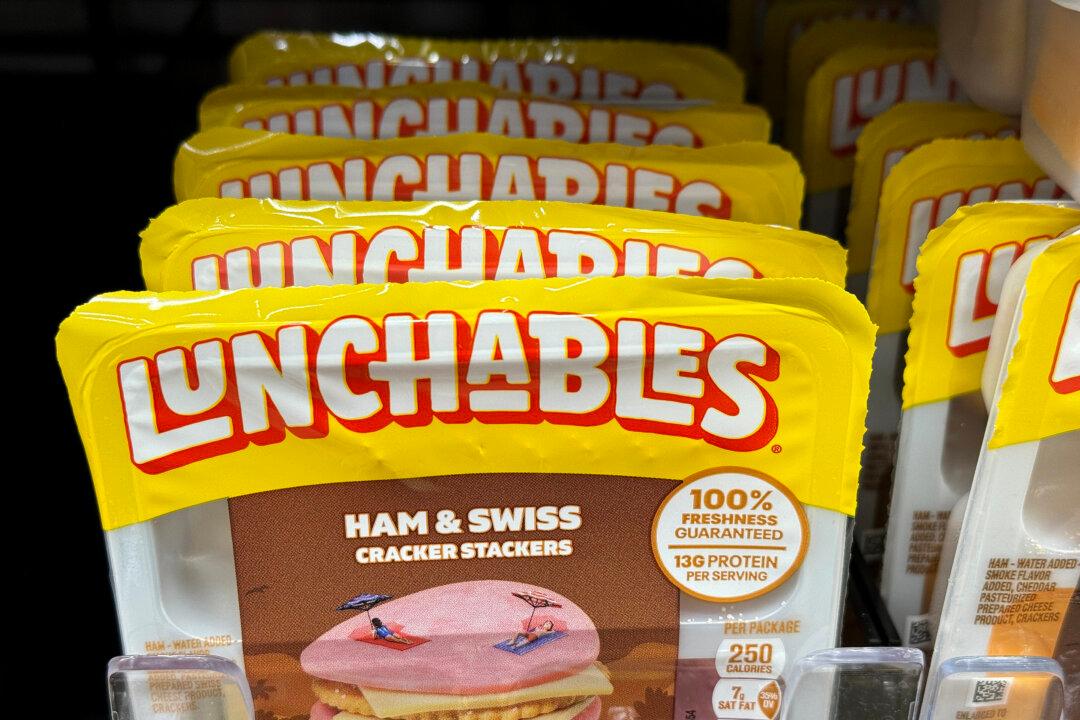On Tuesday, Consumer Reports called on the Department of Agriculture to remove the popular Lunchables food kits from the National School Lunch Program after tests revealed that they may not be the healthiest option.
“We don’t think anybody should regularly eat these products, and they definitely shouldn’t be considered a healthy school lunch,” said Eric Boring, Ph.D., a Consumer Reports chemist who led the testing.





